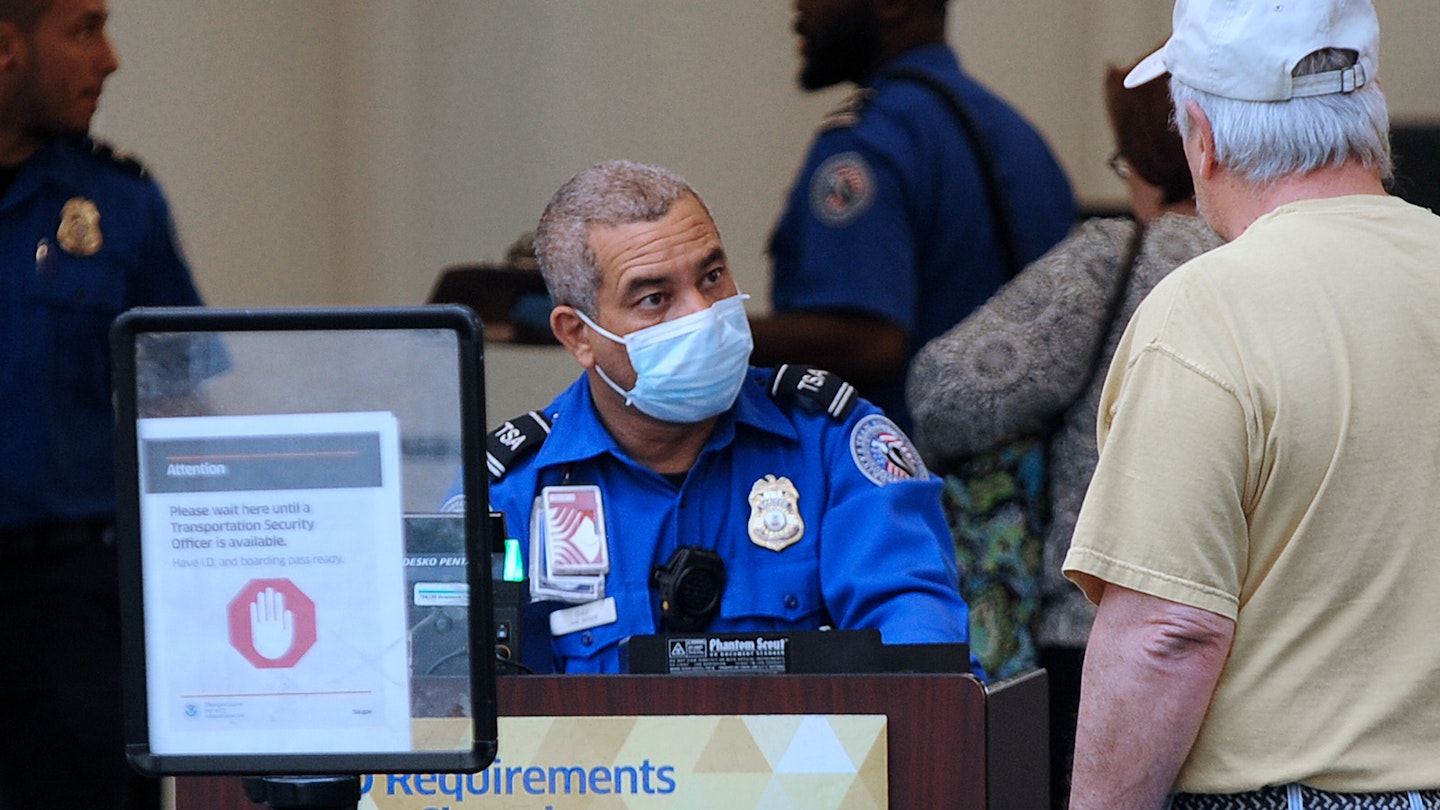New TSA Rules for Air Travel: What You Need to Know
Air passengers are being advised to follow new rules when traveling through airports. These changes include scanning their own boarding passes, separating their carry-on food items, and assisting security agents at checkpoints.
Overview of New TSA Guidelines
The Transportation Security Administration (TSA) has rolled out revised guidelines at airports across the U.S. This initiative aims to reduce physical contact between agents and passengers, especially with the summer season approaching. These measures come in light of reports indicating that 590 TSA staff members have already tested positive for COVID-19, according to CNBC.
In a statement, the TSA expressed, “In the interest of TSA frontline workers and traveler health, TSA is committed to making prudent changes to our screening processes to limit physical contact and increase physical distance as much as possible.”
Passenger Responsibilities
Passengers are now required to:
- Scan their own boarding pass.
- Remove any prohibited items or items that trigger alarm sensors from their luggage personally at security checkpoints.
- Place smaller items, like phones, keys, and wallets, directly into carry-on bags to minimize touch points during the screening process.
- Separate their carry-on food items into clear plastic bags.
According to the TSA, “Food items often trigger an alarm during the screening process. Separating the food from the carry-on bag lessens the likelihood that a TSA officer will need to open the carry-on bag and remove the food items for closer inspection.”
Health and Safety Measures
In addition to these changes, TSA agents are now required to wear face masks, and passengers are encouraged to do the same. Furthermore, the U.S. government is contemplating additional health and safety measures at airports, such as temperature checks and thermal screening, to detect the virus in passengers before they board. Acting Secretary of Homeland Security, Chad Wolf, mentioned that the department is exploring new technologies “to see what we can do to provide some layer of security.”
Conclusion
As travel resumes and airports adapt to new norms, understanding the latest TSA rules is crucial for a smooth airport experience. Being proactive and informed can help make your journey safer and more efficient.




